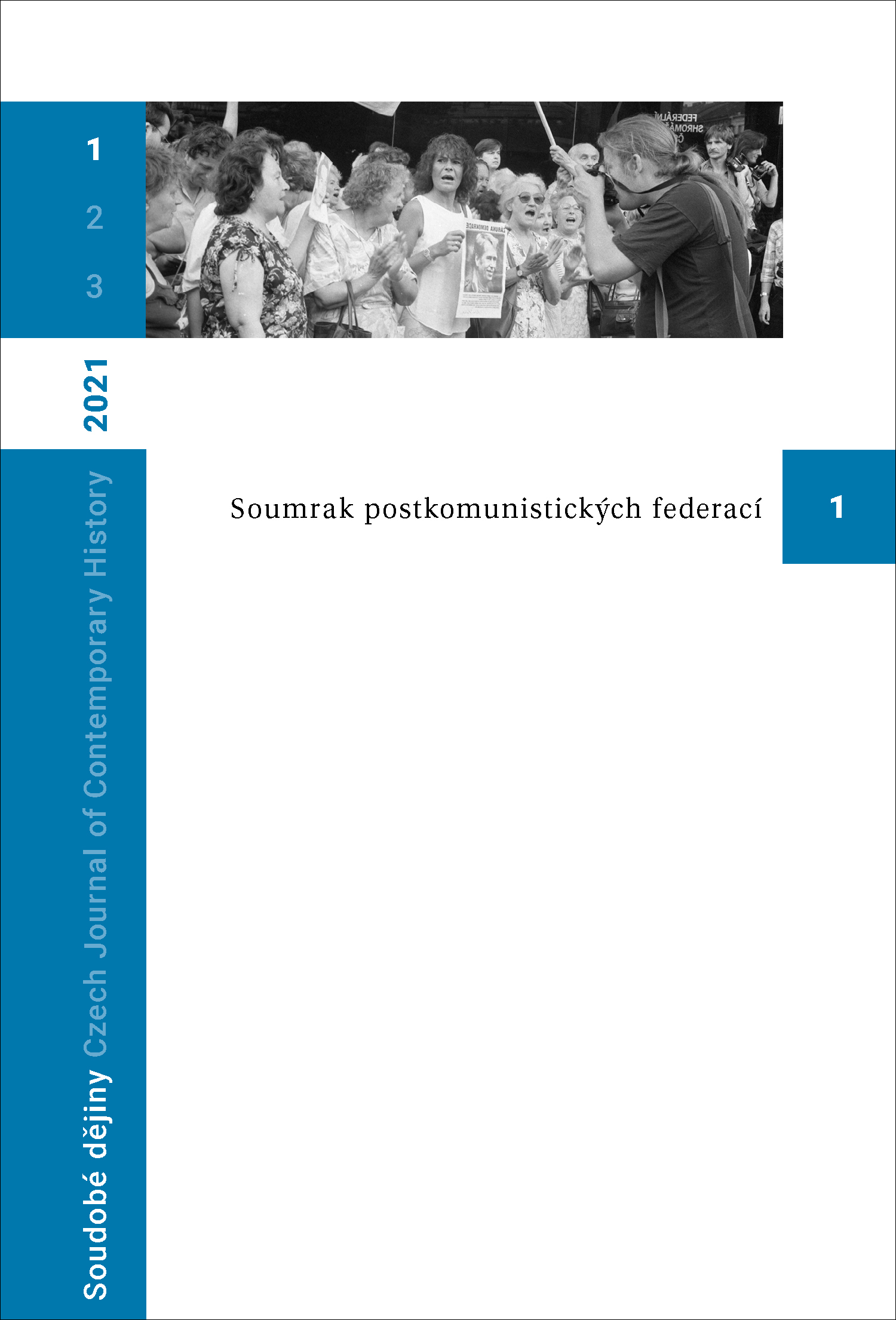Historie jedné hereze
History of one Heresy
Gerta and Harry Freunds – Victims of a Trotskyist Stigma
Author(s): Jan DvořákSubject(s): History, Cultural history, Diplomatic history, History of ideas, Political history, Interwar Period (1920 - 1939), WW II and following years (1940 - 1949), History of Communism, Fascism, Nazism and WW II
Published by: AV ČR - Akademie věd České republiky - Ústav pro soudobé dějiny
Keywords: Czechoslovakia;Soviet Union;communist movement;Stalinism;Left Opositon;Trotskyism;Great Terror;Protectorate of Bohemia and Moravia;anti-Nazi resistance;Harry Freund;Gerta Freund;Alexander Arosev
Summary/Abstract: The case study describes dramatic lives of siblings Gerta (Gertruda) Freundová and Harry (Hermann) Freund in the context of the inter-war Communist movement. Born in 1908 (Harry) and 1909 (Gerta) into a middle-class, ethnically mixed (with German, Jewish and Czech identities) in Prague, they both were devoted under the influence of their mother, Terezie Freundová (1885–1982) to Communist ideals since their youth. Gerta was active in the Communist Student Fraction (Kostufra), became a dancer and ran a private dancing school in Prague. In 1932, she married Alexander Yakovlevich Arosev (1890–1938), a Soviet revolutionary, diplomat and writer, who was the Soviet Union’s plenipotentiary representative in Czechoslovakia (before diplomatic relations between the two countries were established). She then followed him to Moscow, where Arosev became the chairman of the All-Union Society for Cultural Relations with Foreign Countries (Vsesoyuznoe obshchestvo dlya kulturnoy svyazi s zagranitsey – VOKS), whose mission was to arrange trips and visits of Western intellectuals and artists to the USSR. However, Arosev fell into disfavor during the Great Terror and the couple was arrested in the summer of 1937. Gerta was accused of espionage, sentenced to death, and executed in December 1937, Arosev followed her in February 1938. Harry Freund soon started sympathizing with the so-called Left Opposition in the Soviet Union and was expelled from the Communist Party of Czechoslovakia for criticizing its bolshevized leadership. He founded a radical left opposition platform under the name “Leninist Opposition” strongly opposing the centralized Stalinistic course of the Communist movement, but also the alternative faction represented by Lev Davidovich Trotsky (1879–1940). After the demise of the First Republic in the autumn of 1938, Harry Freund with his group went underground, was arrested and imprisoned for several months. When released, he joined the resistance movement in the occupied Protectorate of Bohemia and Moravia and perished in January 1944 while being arrested. Freund’s mother was the only survivor of the family the remaining members of which died in concentration camps. The author’s narration presents hitherto unknown biographic facts concerning the Freunds and also reveals a tragic link between their fates, showing that it was Harry’s opposition activities which provided alleged evidence on his sister’s espionage to Stalin’s repressive bodies. It also captures the place of Freund’s “Leninist Opposition” on the radical left-wing scene of Czechoslovakia in the 1930s, and describes its political activities, opinion clashes and ideological dogmatism. It also shows how fatal the Trotskyist stigma was for non-conformist members of the Communist movement and how symptomatically the fate of both protagonists reflects the turbulent evolution of the domestic radical left-wing movement and Czechoslovak-Soviet relations during the inter-war period.
Journal: Soudobé Dějiny
- Issue Year: XXVIII/2021
- Issue No: 1
- Page Range: 99-160
- Page Count: 62
- Language: Czech

